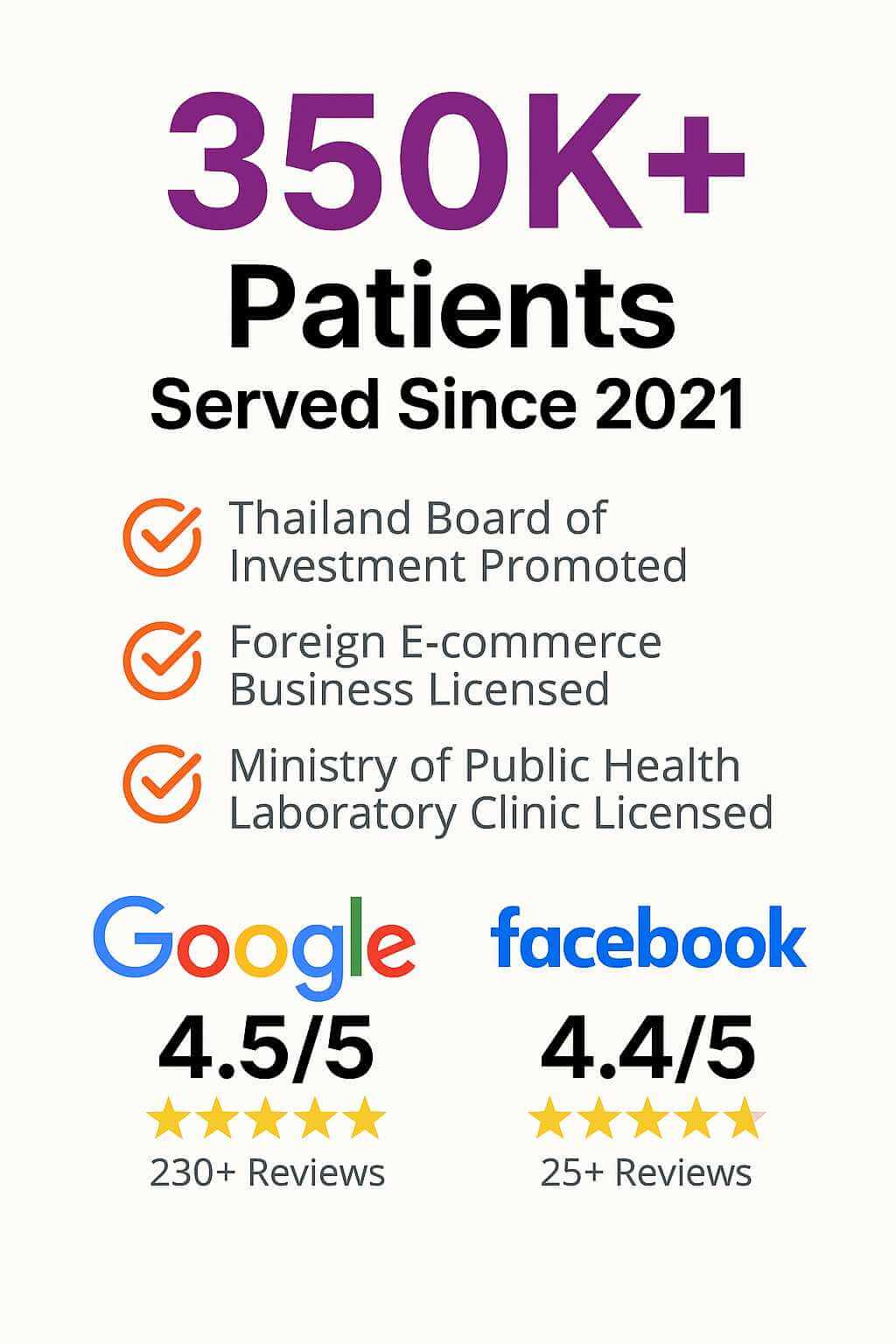
Hernia Repair Surgery
Home / Procedure Detail
Hernia Repair Surgery
- Procedure
- Hernia Repair Surgery
During this operation, which could be done with local anesthesia and sedation or general anesthesia, the surgeon will make a cut in your groin area. They will then push the protruding tissue back into your abdomen and sew up the weakened area. This is often reinforced with a synthetic mesh (hernioplasty). The opening is closed using stitches, staples, or surgical glue.
After the surgery, you’ll be encouraged to move about as soon as possible, but it might be several weeks before you’re able to resume normal activities.
Procedure Primary Points
- General anesthesia procedure: Small incisions in abdomen, laparoscopic or robotic repair using synthetic mesh.
- Minimally invasive surgery: Less pain, no scars, quicker recovery, comparable long-term outcomes.
- Laparoscopic approach: Ideal for recurrent or bilateral hernias, avoids scar tissue.
- Gas inflates abdomen, provides clear view; laparoscope guides surgeon, tiny instruments used.
- Resume regular activities in a few weeks, but note the need for post-operative recovery period.
Laparoscopic Hernia Repair
This procedure requiring general anesthesia involves the surgeon making several small incisions in your abdomen. The surgery may use laparoscopic or robotic instruments to repair your hernia, with the gas used to inflate your abdomen and provide a clear view of the internal organs.
A small tube equipped with a tiny camera (laparoscope) is inserted into one incision. Guided by the camera, the surgeon inserts tiny instruments through other small incisions to repair the hernia using synthetic mesh.
Minimally invasive procedures are less painful and scar-free than traditional open or minimally invasive operations. Minimally invasive surgery patients have a quicker recovery period and can resume their normal routines sooner. Long-term outcomes following laparoscopic and open hernia operations are comparable.
If you have a hernia that has come back after open surgery or if you have bilateral hernias, minimally invasive surgery might be the best option as it allows surgeons to avoid scar tissue. However, similar to open surgery, Please note that it may take a few weeks before resuming your regular activities.
Medical Procedures
MedEx did help me a lot not only for connecting with clinics but also for other miscellaneous items such as visa extention. I am really sastify with the services received from MedEx. I've recommended to some of my friends to connect with MedEx too if they have plan to go for medical trip to BKK. 🙂
Engyin HtunSingapore 
Highly recommend to MedEx .They are professional and amazing team.
MedEx Staffs should have closed relationships with hospitals staffs to get more information and services.So,they can give the best services to patients.
Thomas FlyerMyanmar 
Owing to my heart pacemaker implant case, if I got a chance to refer anyone, without blinking my eyes I would refer to Vejthani Hospital. I am very grateful.
Bhagwan Ratna TuladharKathmandu, Nepal 
MedEx was very kind, patient, supportive and very helpful with my needs for seeing doctors and doing physical therapy here in Thailand. MedEx fulfilled everything I needed with my stay here with prompt actions, and I highly recommend MedEx if you are coming to Bangkok for medical treatment.
Ko Sai Aung Lwin TunMyanmar 




















